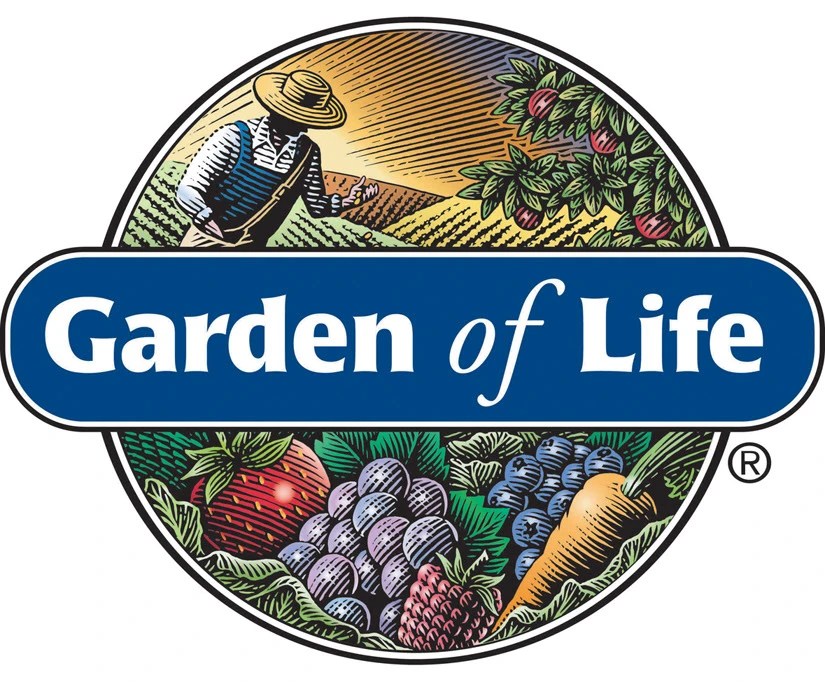As far as lawn replacement decisions go, one Redditor's was regrettable.
The poster sparked concern last year when they shared a photo of a temperature reading from their artificial turf lawn. It was 190.8 degrees Fahrenheit.
One user noted 190 degrees Fahrenheit is about 88 degrees Celsius.

"I had to Google this as I th[o]ught you were joking," another replied. "Holy s***. That's worse than I thought."
Someone else said: "People down the street have synthetic grass. When you pass by their yard there is a noticeable increase in heat, like when you walk past an oven with the door open."
Synthetic yards became popular for their supposed low-maintenance upkeep, though that trend has seemingly been overtaken by no-mow, drought-tolerant, or native landscapes.
Save 30% on bestselling wellness products during Prime Big Deal Days Garden of Life’s clean vitamins and supplements are made with pure, whole-food ingredients to support your health and everyday wellbeing. You can boost your routine all without synthetic ingredients, artificial flavors or colors, binders, or fillers. Plus, during Prime Big Deal Days you’ll save 30% off women’s probiotics, multivitamins, grass-fed collagen, organic protein, and more. Learn more → |
In the United Kingdom, turf demand is down 66% from 2021, and because the product can also lower property values by 5%, people are looking to other alternatives.
"For those who hate mowing and consider synthetic grass, a better choice would be clover," one commenter wrote. "It doesn't grow tall, doesn't need mowing, and supports important pollinators."
Someone else replied: "Native species are good too! In my state there are grass like options that only reach 6" in height, below the 8" max for my city. Ivory sedge, shaved sedge, and blue-eyed grass. None-grass options include violets, anemones, spring beauties, and wild strawberry. Natives help the local environment and don't need extra water, fertilizer, or herbicides since it's all supposed to be growing there anyway! r/nolawns for more ideas and info."
In addition to creating the heat island effect, the synthetic material can be extremely dangerous. It has been linked to the brain cancer deaths of six former Major League Baseball Players and to an increase in injuries in National Football League players.
TCD Picks » Upway Spotlight
💡Upway makes it easy to find discounts of up to 60% on premium e-bike brands
Superheated turf can cause blisters, dehydration, and heatstroke, and it can even melt shoes.
Made mostly of plastic, turf contains forever chemicals that could be the cause of liver and thyroid problems, birth problems, and cholesterol issues. They contaminate drinking water and are found practically everywhere.
All the more reason to ditch that heat trap, which regularly increases temperatures by 80% to 90% over natural grass.
"I live in Arizona where it averages 100 degrees in the summer and my local pool has this lining the edges where the chairs go and it gave me a second degree burn from standing on it," one user said.
Another summed things up: "Just one of the reasons synthetic grass shouldn't be used outside of very niche situations."
Join our free newsletter for easy tips to save more, waste less, and help yourself while helping the planet.















